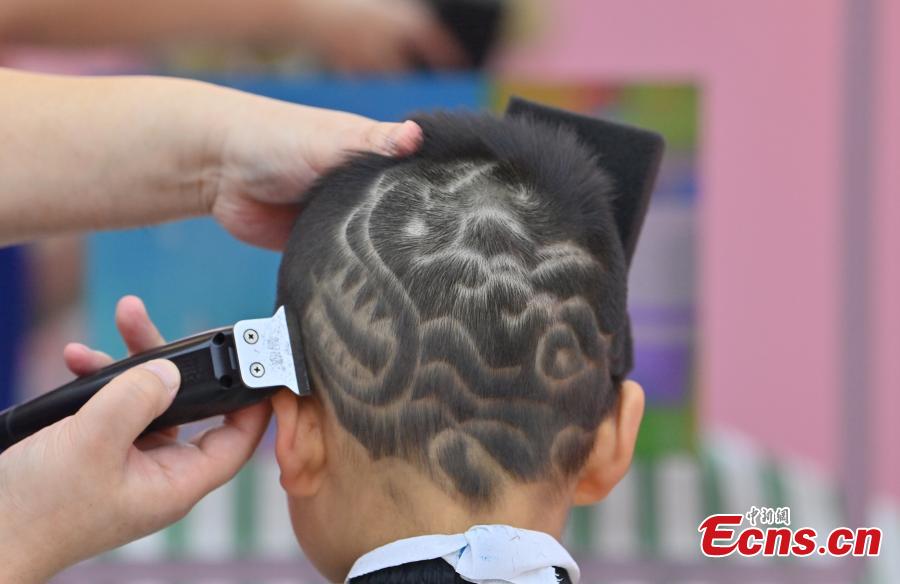
A barber shaves a child's head in Changchun, northeast Jilin Province, March 11, 2024. "Shaving the head" on the second day of the second lunar month, or "Dragon Head Raising Day," is a folk custom across China. (Photo: China News Service/Zhang Yao)
The traditional Dragon-Head-Raising Festival, or Longtaitou Festival, falls on March 11 this year.
A well-known phrase goes, "Er yue er, long tai tou," meaning, "On the second day of the second month, the dragon lifts his head."
Ancient people believed that after this day, rainfall increases because the rain-bringing Dragon King has awakened from his winter sleep.
Some believe that going to the barber on this day gets rid of bad luck.
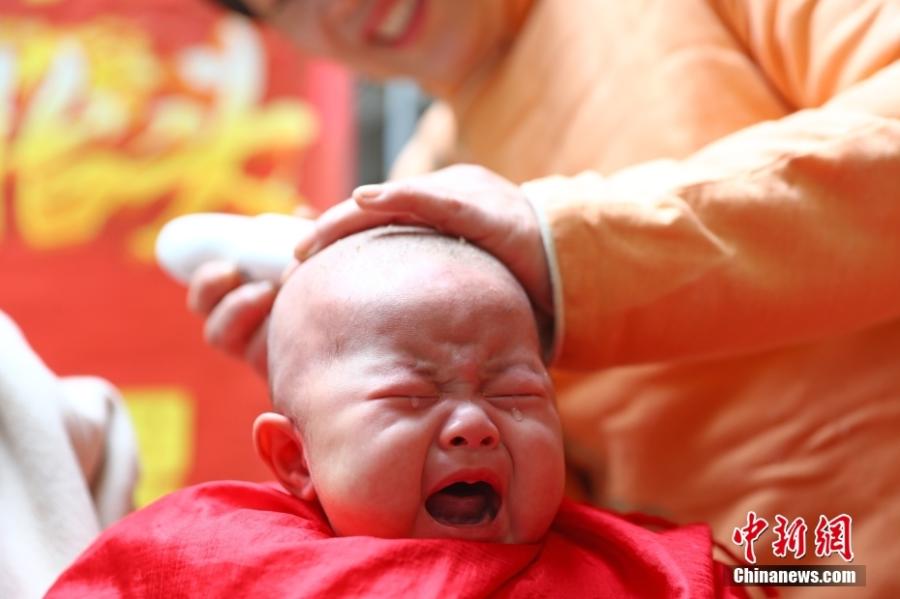
A baby cries when a barber shaves his head at a barber shop in Nanchang City, Jiangxi Province, March 11, 2024. "Shaving the head" on the second day of the second lunar month, or "Dragon Head Raising Day," is a folk custom across China. (Photo: China News Service/Zhang Yao)
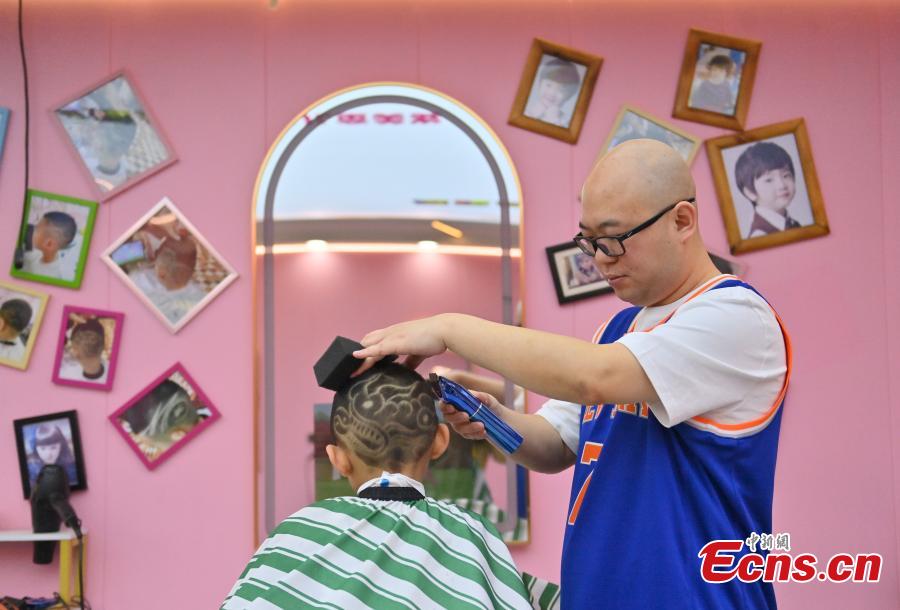
A barber shaves a child's head in Changchun, northeast Jilin Province, March 11, 2024. "Shaving the head" on the second day of the second lunar month, or "Dragon Head Raising Day," is a folk custom across China. (Photo: China News Service/Zhang Yao)
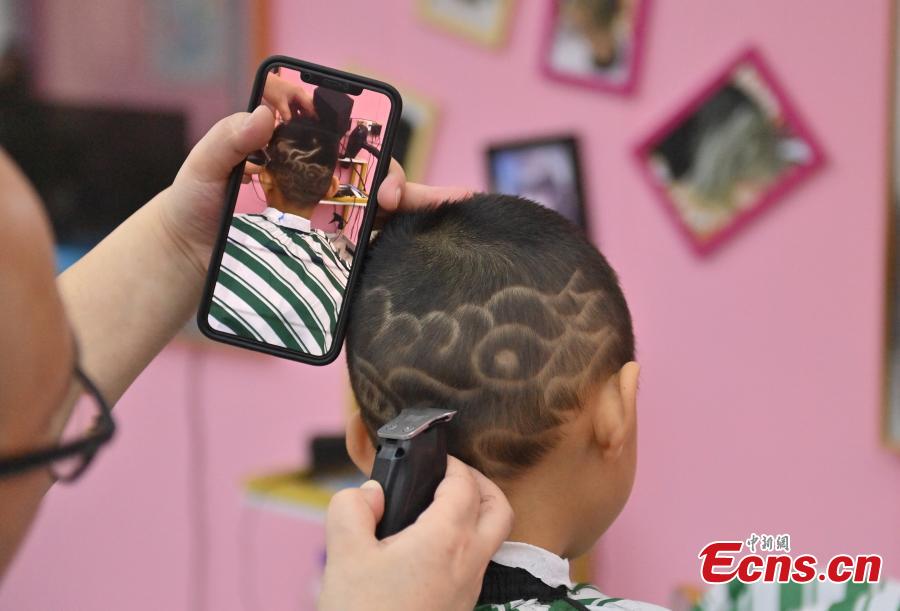
A barber shaves a child's head at a barber shop in Changchun, northeast Jilin Province, March 11, 2024. "Shaving the head" on the second day of the second lunar month, or "Dragon Head Raising Day," is a folk custom across China. (Photo: China News Service/Zhang Yao)
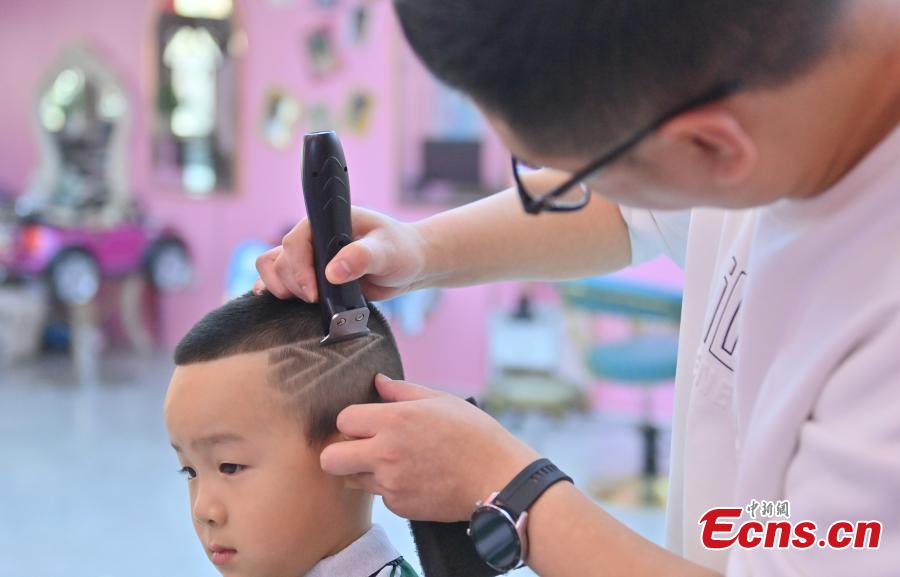
A barber shaves a child's head in Changchun, northeast Jilin Province, March 11, 2024. "Shaving the head" on the second day of the second lunar month, or "Dragon Head Raising Day," is a folk custom across China. (Photo: China News Service/Zhang Yao)









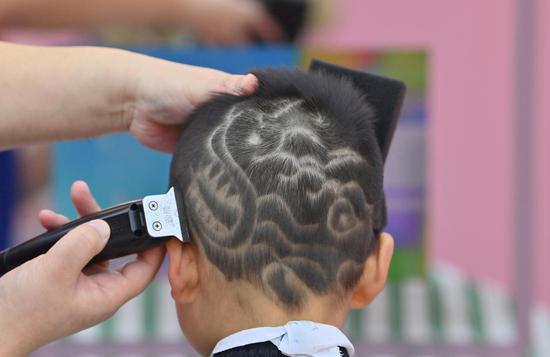
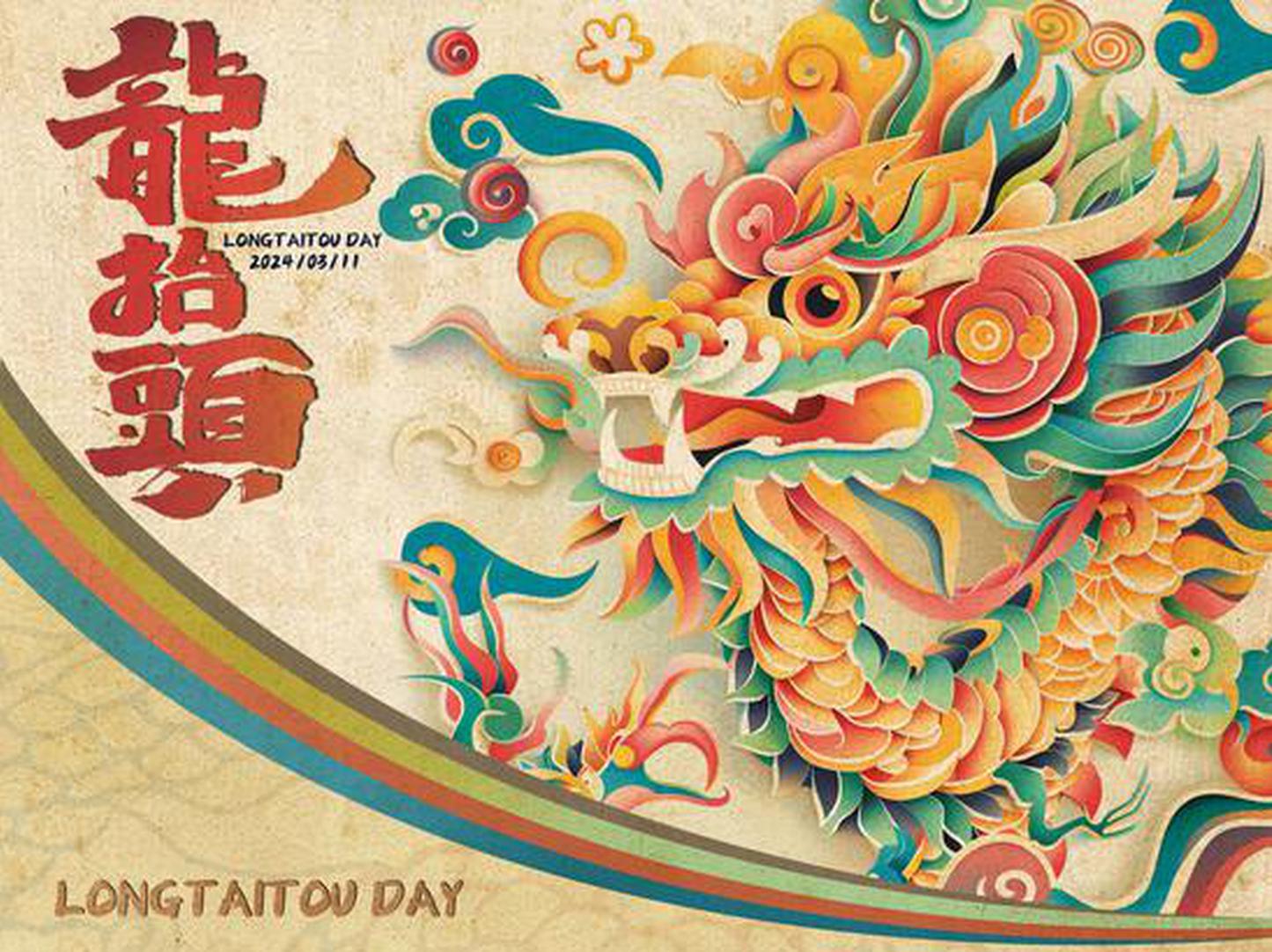
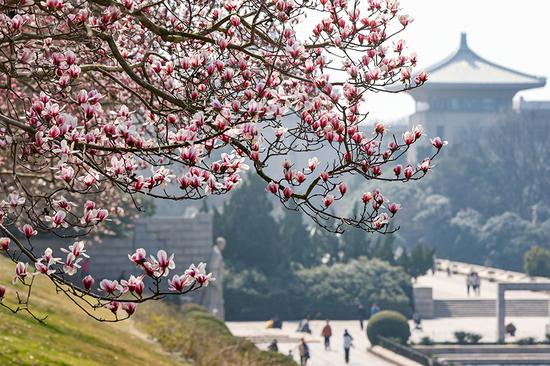
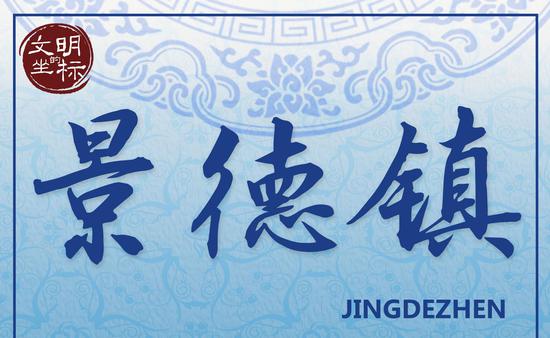
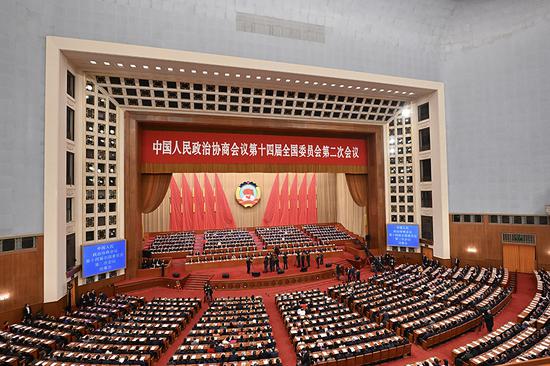
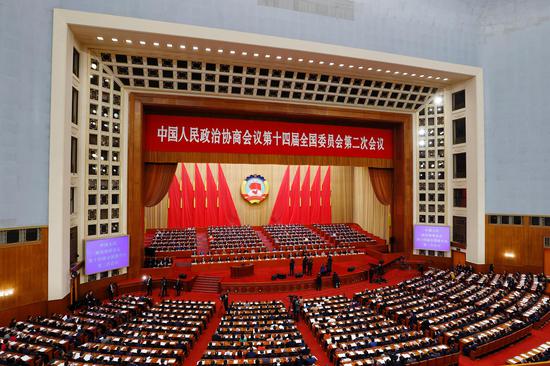




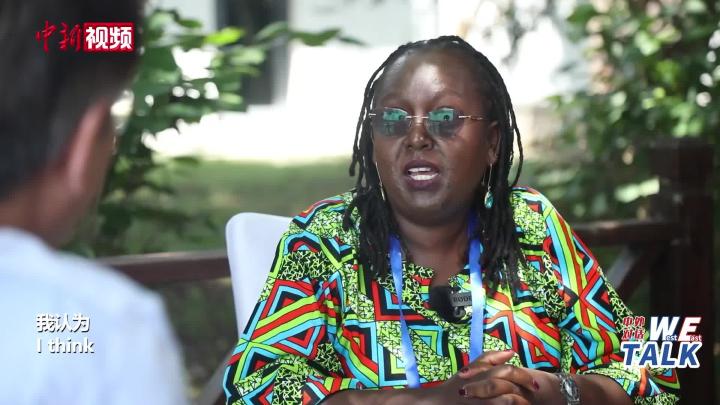
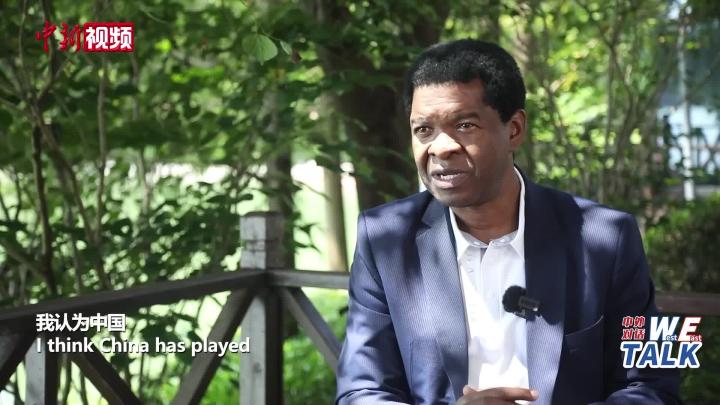


 京公网安备 11010202009201号
京公网安备 11010202009201号